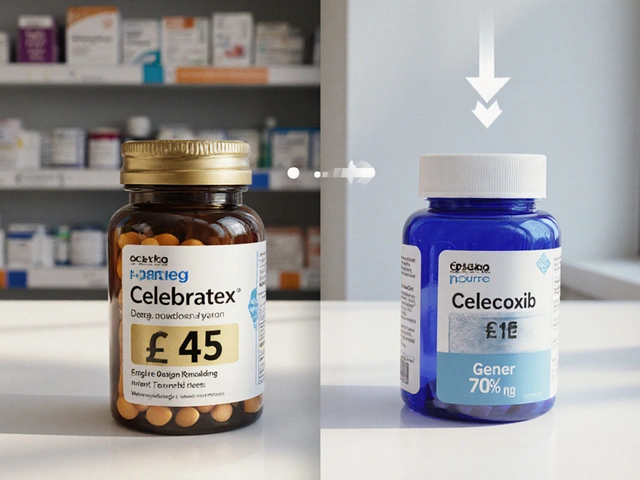Ovarian Cancer Symptoms: What to Watch For
Ovarian cancer often hides until it’s grown a bit, so knowing the signs can save time. The symptoms aren’t always dramatic – many feel like everyday aches or digestive quirks. That’s why paying attention to changes in your body is crucial, especially if you’re over 40 or have a family history of cancer.
Early Warning Signs
First up, persistent pelvic or abdominal pain that doesn’t go away with usual remedies. If you notice a dull ache that lingers for weeks, take note. Next, unexplained bloating or a feeling of fullness after eating only a little. This isn’t the same as a one‑off gassy night; it’s a steady, uncomfortable swelling.
Another red flag is changes in bowel habits – like frequent constipation or diarrhea without a clear cause. Pay attention if you’re spending more time on the toilet or if you feel the urge but nothing comes out. Finally, watch for abnormal vaginal bleeding, especially after menopause or between periods. Even spotting can be a clue when it’s out of the ordinary.
When to Call a Doctor
If you’ve had any of these symptoms for more than a month, it’s time to book an appointment. Doctors will likely start with a pelvic exam and may suggest an ultrasound or blood test (CA‑125) to look for irregularities. Don’t wait for all the signs to appear – early detection gives the best chance for treatment that works.
It’s also worth mentioning that some women notice a loss of appetite or unexplained weight loss. While these can be linked to many things, combined with the other signs they become more concerning. Keep a simple symptom journal – jot down what you feel, when it started, and any patterns you see. This log makes it easier for your doctor to spot trends.
Remember, not every bloated belly or occasional pain means cancer. Lots of benign conditions mimic these signs, but the safe route is to get them checked. Many women feel uneasy about talking to a doctor about such personal issues, but doctors expect these conversations and are there to help.
In short, stay alert to persistent pelvic pain, ongoing bloating, bowel changes, and any odd bleeding. Trust your gut – if something feels off, get it evaluated. Early action can lead to better outcomes and fewer worries down the line.
Chlamydia and Ovarian Cancer Risk: Evidence, Symptoms, and What To Do Now
Does chlamydia raise ovarian cancer risk? Clear UK guidance on the evidence, personal risk, testing, symptoms, and what to ask your GP.





